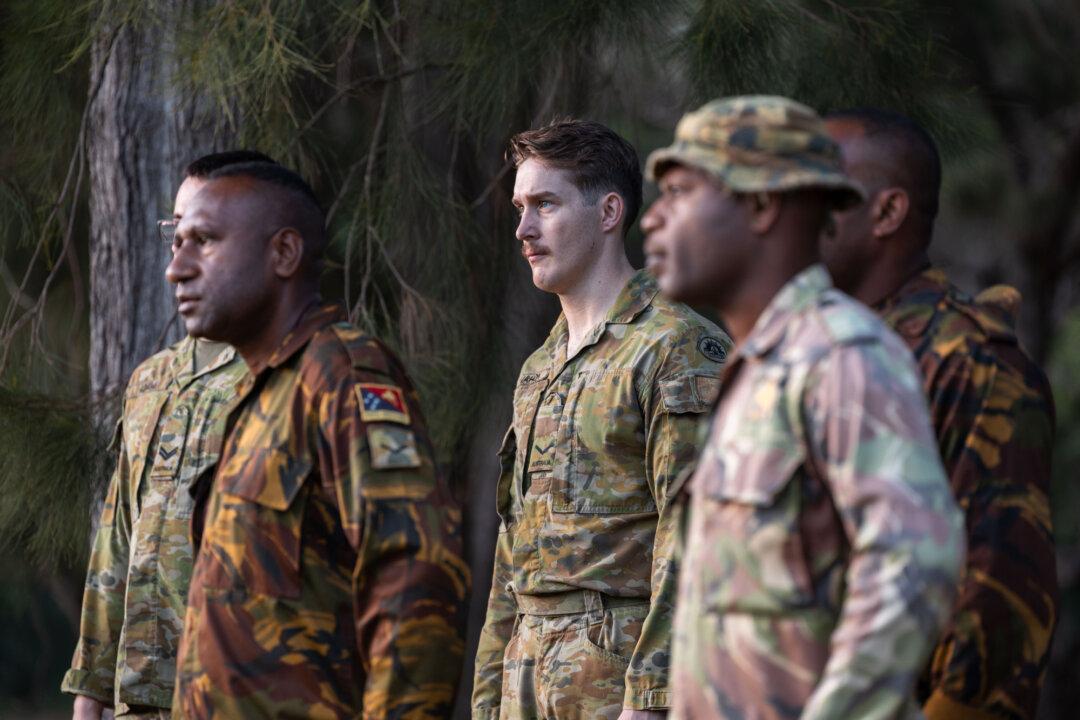As talks resume on Australia’s new defence treaty with Papua New Guinea (PNG), Papua New Guineans may soon become eligible to sign up for the Australian Defence Force (ADF).
In 2024, Defence Minister Richard Marles said that from July 2025, looser eligibility criteria would allow “permanent residents who have been living in Australia for 12 months” to serve, and that citizens from Britain, Canada, New Zealand, and the United States would be favoured. However, recruiting foreign citizens living offshore takes the idea a step further.





